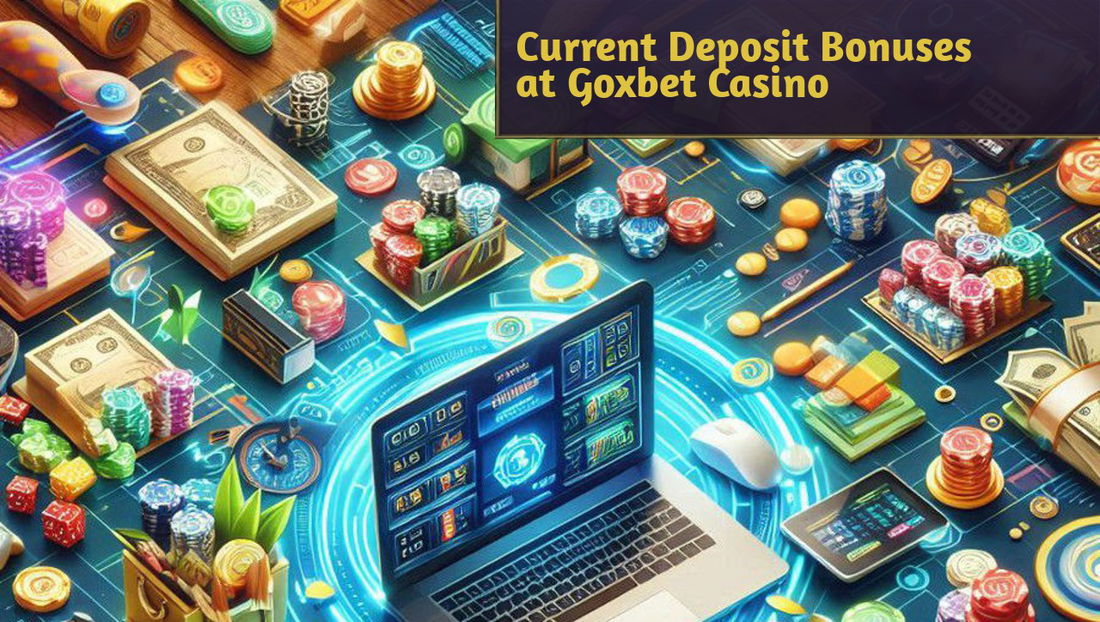Blackjack is one of the most popular and exciting casino games, combining skill, strategy, and a little luck. While many players focus solely on their own cards, one often overlooked aspect of improving your odds in blackjack is learning how to read the dealer.
Understanding the Role of the Dealer
The Dealer’s Objective
In blackjack, the dealer represents the house and is responsible for dealing the cards, managing bets, and playing their own hand according to specific rules. Unlike players, the dealer does not make decisions about their hand. They must follow strict rules, such as hitting until they reach a minimum of 17 and standing on anything 17 or higher. Understanding these rules is critical to developing your strategy for reading the dealer.
The dealer’s face-up card, known as the "upcard," is your main clue in deciding how to play your hand. Your goal is to make better decisions based on what the dealer is showing while staying aware of the house's advantage.
The Importance of the Dealer's Upcard
In blackjack online, the dealer's upcard is key information that can significantly influence your strategy. For example, if the dealer has a low upcard, such as a 2 through 6, they are likelier to bust. In contrast, if the dealer’s upcard is a 7 or higher, they have a stronger chance of building a high hand. Understanding the dealer's chances of busting or getting a strong hand in online blackjack helps you adjust your decisions accordingly.
How to Read the Dealer’s Upcard
High Cards vs. Low Cards
The dealer’s upcard can be categorized into two main groups: high cards and low cards. High cards are 7 through Ace, and low cards are 2 through 6. Here’s how you can use this information to your advantage:
● Dealer Has a Low Card (2-6): When the dealer has a low upcard, their chances of busting are higher. In this situation, you should generally be more conservative with your hand. If you have a total of 12 or higher, it’s often better to stand rather than risk busting. The idea is to let the dealer take the risk of busting while you protect your hand.
● Dealer Has a High Card (7-Ace): When the dealer’s upcard is 7 or higher, they have a better chance of building a strong hand. In these cases, you should be more aggressive and aim to reach a stronger total, like 18 or 19, to compete with the dealer. This might mean hitting on hands you would normally stand on if the dealer had a lower card.
Recognizing Dealer Patterns
While dealers must follow specific rules, experienced players sometimes notice subtle patterns in how different dealers behave. These patterns can include how the dealer handles the cards, their body language, and how they react to certain situations. Here are a few common signs to look for:
● Faster Movements: Some dealers may deal cards faster when holding a strong hand, as they anticipate winning. While this is not a hard-and-fast rule, paying attention to how the dealer handles the cards can sometimes give you insight into their confidence.
● Nervousness or Hesitation: On the other hand, a dealer who is unsure or hesitant may be holding a weaker hand. If the dealer takes longer to deal or hesitates before revealing their hole card, it could indicate that they are more likely to bust.
● Frequent Eye Contact with the Cards: Dealers who frequently glance at their cards might subconsciously give away information. For example, a dealer who looks at their cards more often could be hoping for a better outcome and may have a weaker hand.
Strategic Tips for Beating the Odds
Tip 1: Know When to Hit or Stand
Deciding when to hit or stand is one of the most critical aspects of blackjack. By reading the dealer’s upcard, you can make more informed decisions. For instance:
● If the dealer’s upcard is 2-6 (a weak card), you should stand on a hand of 12 or higher. The dealer has a higher probability of busting, so your best move is often to let them take the risk.
● If the dealer’s upcard is 7 or higher (a strong card), you should hit on anything below 17. The dealer will likely end up with a strong hand, so you need to strengthen your hand to compete.
Tip 2: Use Basic Strategy
Basic blackjack strategy is a mathematical approach that tells you the best action based on your hand and the dealer’s upcard. While reading the dealer’s behavior is helpful, sticking to a basic strategy will always increase your odds of winning. For example:
● Always split aces and eights: Splitting aces gives you the potential for two strong hands, and splitting eights helps you avoid a weak total of 16.
● Double down when the dealer shows a weak card: Doubling down on 10 or 11 when the dealer has a low up card is a great way to maximize your winnings.
Tip 3: Watch for Tells
Though blackjack isn’t a poker game where reading opponents is crucial, some dealers may exhibit "tells" that indicate the strength of their hand. For instance, a dealer who breathes a sigh of relief after dealing their whole card might indicate that they’ve avoided a bust. While these signs are subtle, paying close attention to the dealer’s behavior can sometimes offer a small edge.
Tip 4: Avoid Side Bets
Many blackjack tables offer tempting side bets, such as insurance or perfect pairs, but these usually favor the house more than the player. The odds of winning these side bets are generally lower, so it’s best to avoid them and focus on the main game. Stick to the basic strategy and read the dealer’s upcard to improve your chances rather than relying on risky side bets.
Tip 5: Manage Your Bankroll
Even the best blackjack strategies can fail if you don’t manage your bankroll properly. Set a budget for yourself before you start playing, and stick to it. Know when to walk away, whether you’re winning or losing. Blackjack is a game of streaks, so being disciplined with your money will help you stay in the game longer and improve your overall odds.
Conclusion
In blackjack, reading the dealer is an essential skill that can help you make smarter decisions and increase your chances of beating the odds. You can improve your overall gameplay by paying attention to the dealer’s upcard, recognizing behavioral patterns, and sticking to basic strategy. Remember, blackjack is a game of skill and strategy, and every small advantage you gain—such as reading the dealer—can help tilt the odds more in your favor.
With these tips in mind, you’re better equipped to face the dealer and make informed decisions that can lead to more wins at the blackjack table.










— Comments 0
, Reactions 1
Be the first to comment